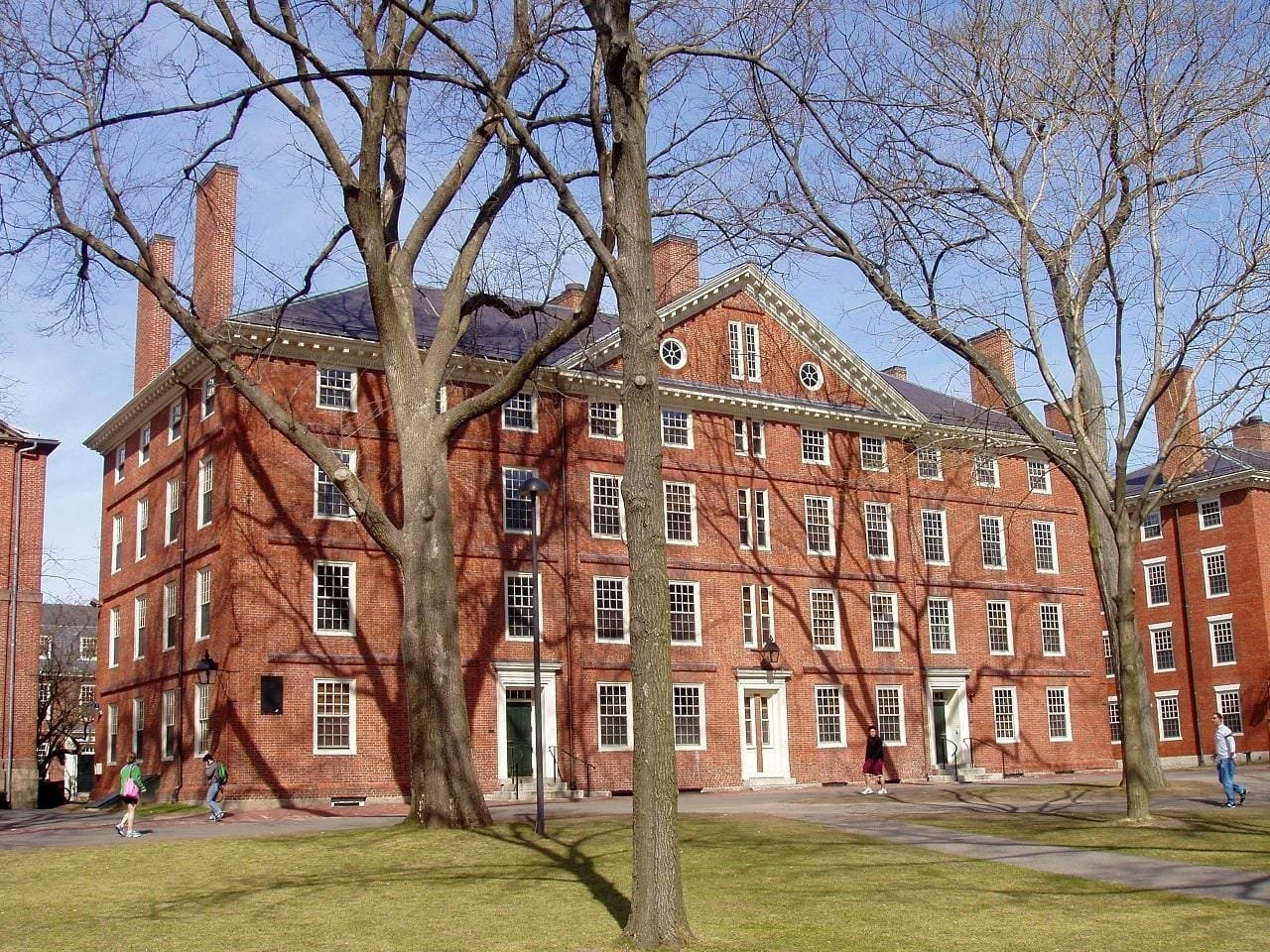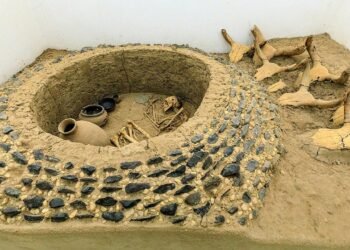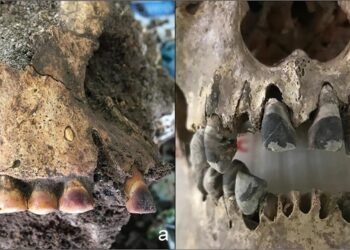Harvard University is confronting its historical ties to slavery and colonialism as a draft report reveals it possesses human remains of nearly 7,000 Native Americans and almost 20 individuals likely enslaved.

The report, prepared by the Steering Committee on Human Remains in Harvard Museum Collections, aims to address the ethical dilemma surrounding these remains. According to the draft report, these remains were obtained during violent and inhumane periods of slavery and colonialism and have been instrumental in promoting racist ideas. It also states that skeletal remains were utilized to reinforce existing social hierarchies.
Evelynn M. Hammonds, Chair of the committee, expressed frustration over the release of an incomplete draft report, emphasizing that it could jeopardize the thoughtful engagement of the Harvard community. The university has faced criticism for not finalizing the report before its release.
The human remains are primarily housed in Harvard’s Peabody Museum of Archaeology and Ethnography. In the past, the university has repatriated the remains of 3,000 of the 10,000 individuals it once held, but progress has been slow. The draft report calls for the establishment of a new Human Remains Returns Committee to determine the treatment of the remains of non-Native individuals and those who were not enslaved.
Harvard’s efforts to address its historical ties to slavery include a $100 million commitment to redress its legacy. Other universities, such as Georgetown, the University of Virginia, and William and Mary, have also taken steps to confront their connections to slavery. Harvard’s case is notable for the large number of human remains involved and the ongoing lawsuit related to daguerreotypes of an enslaved man and his daughter.
The draft report emphasizes the need to restore the individuality, history, and communities associated with these remains, suggesting provenance research and community consultation. It acknowledges the challenges in identifying lineal descendants but proposes research to ascertain descendant or affinity groups with a direct connection to the individuals.
Harvard’s commitment to address its historical involvement in slavery includes academic and financial measures. The draft report serves as a critical step towards reckoning with the institution’s past, and the university continues to face scrutiny over its historical practices and their present-day consequences.























